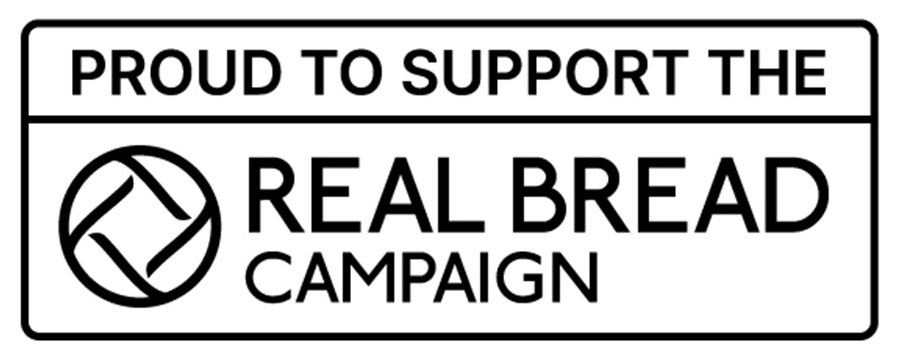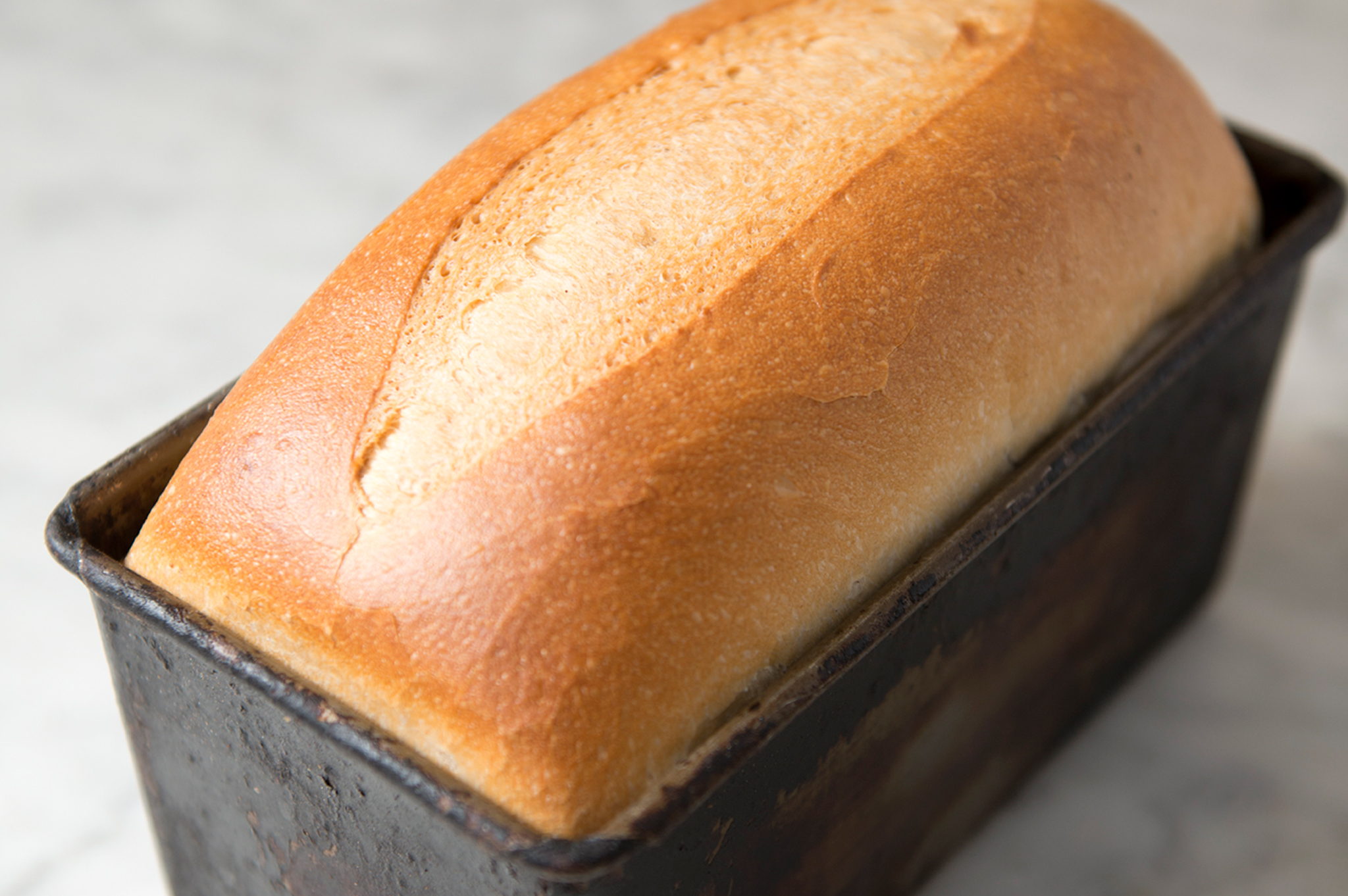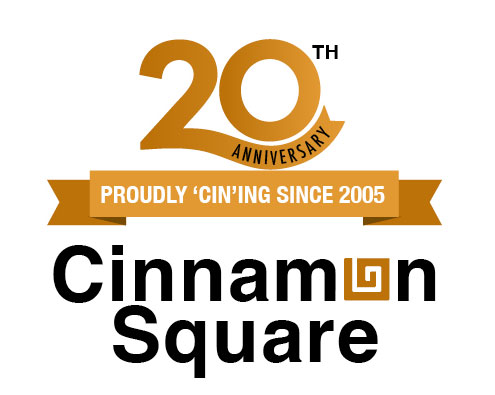Real Bread
Real Bread Takes Time...

At Cinnamon Square, we believe that real bread takes time – it is a labour of love that should not be met with compromise. We are passionate about using traditional bread making methods and techniques and using minimal ingredients in our loaves. We believe that this is the way to make the most wholesome, nutritious breads, which also deliver maximum flavour, aroma and texture. We are proud members of the Real Bread Campaign, and advocate for the use of no additives in the bread making process.
To us, there is no greater joy than the smell of our bakery filled with the aroma of freshly baked, lovingly crafted loaves. It is a great pleasure to be able to produce a wide selection of loaves, from traditional English loaves to sourdough and focaccia. We are honoured to be able to claim that many of these are award winning, which you can read more about here.

Traditional Breads
At Cinnamon Square, we believe that real bread takes time – it is a labour of love that should not be met with compromise. We are passionate about using traditional bread making methods and techniques and using minimal ingredients in our loaves. We believe that this is the way to make the most wholesome, nutritious breads, which also deliver maximum flavour, aroma and texture.
We are proud members of the Real Bread Campaign, and advocate for the use of no additives in the bread making process.

Botanical Breads
Our Botanical Loaves are made through the innovative method of harnessing wild yeast and bacteria abundant in fruits, flowers, plants and vegetables to naturally leaven wholesome breads whilst creating subtle flavours and aromas. Containing only this fermented water, flour and salt, we find this a fascinating approach to bread making. Not only is the resulting bread utterly delicious (it’s fast become a customer favourite!) but also enables us to minimise food waste. We proudly received an Innovation Award for our Botanical Loaves from the Baking Industry Awards in 2018.
You can find out more about this approach to bread making in our book, Naturally Fermented Breads.

Sourdough Breads
Our Sourdough loaves are lovingly made by hand using our fourteen-year-old sourdough starter. The age of our starter imparts a deep and distinct flavour in the breads, which can only be achieved through age.
We are passionate about sharing our love for Sourdough baking. Our Sourdough baking class teaches you how to make your own Sour Culture, and how to make four of our most popular sourdough loaves.
For those looking to begin the process of Sourdough making at home, we have a handy guide to starting your own Sour Culture to help you along the way. Click here to download our GUIDE TO STARTING A SOUR CULTURE.


